Food – Water – Air
These three things are the most basic and fundamental needs for human survival. And these three things begin with the ocean. Think it’s an exaggeration? The sea water covering two-thirds of our planet provides our food, water, and air—no matter where we live. And we could not survive without it. The dynamic ecosystems and health of the ocean cannot survive without our help, either. Humans have proven a powerful enough force to endanger that which we need most, but we also have the power to restore it.
 FOOD. Ocean water irrigates our soil and feeds plants and vegetation. Crops become our direct food and also food for the animals we eat. Anyone knows a season without adequate rainfall is devastating to farmers and ranchers, as well as lakes and rivers.
FOOD. Ocean water irrigates our soil and feeds plants and vegetation. Crops become our direct food and also food for the animals we eat. Anyone knows a season without adequate rainfall is devastating to farmers and ranchers, as well as lakes and rivers.
Of course, seafood is an obvious byproduct of the ocean as well—and seafood is on our dinner tables in more ways than one. Over a quarter of the world’s seafood catch is used to feed farmed fish, chicken, and pigs. It is also in much of our pet food, beer and wine, pantry items, fertilizers, medications, and vitamins.
In light of how much we rely on seafood, try first to lighten your dependence on it. Purchase “line caught,” “diver caught,” or “sustainably harvested” seafood when you do consume it, avoid overfished species, and avoid species that require a significant amount of bycatch, such as shrimp. Helpful apps such as Seafood Watch and FishPhone keep you updated. And every time you ask a restaurant about the origin of their seafood menu options you reinforce the consumer demand for sustainable choices.
 WATER, another basic element to survival that begins with our oceans. Ocean water evaporates, moving inland and condensing to form rain clouds. This replenishes our freshwater as rain flows through streams and rivers, filling up reservoirs and giving us drinking, household, and irrigation water. What remains flows back into the ocean, and brings any pollutants collected with it.
WATER, another basic element to survival that begins with our oceans. Ocean water evaporates, moving inland and condensing to form rain clouds. This replenishes our freshwater as rain flows through streams and rivers, filling up reservoirs and giving us drinking, household, and irrigation water. What remains flows back into the ocean, and brings any pollutants collected with it.
Water conservation allows more water to return to the ocean, and refraining from pesticide and other harmful chemical use such as petroleum-based products, boron, and chlorine reduces the “dead zone” areas and subsequent damage to shorelines and marine life. Eating local and organic, choosing biodegradable household cleaners and gardening supplies, and avoiding the use of plastics reduce the amount of inland pollution flowing into the sea. In fact, 80 percent of the plastic pollution in the ocean comes from inland sources.
 Last, the ocean also plays a vital role in the AIR we breathe. It filters pollution by sequestering carbon molecules, and produces 75 percent of the oxygen in our lungs. That doesn’t change no matter where on Earth we live. Yet there is a limit to how much carbon dioxide can be absorbed by the ocean, and current emissions levels cause ocean acidification. This threatens marine life, and the water, food, and air we need on land. Reducing your carbon footprint directly helps reduce the acid in our oceans. This means using fewer fossil fuels for transportation and electricity. It means reducing plastic use by reusing containers, recycling, and purchasing eco-friendly and minimally packaged products.
Last, the ocean also plays a vital role in the AIR we breathe. It filters pollution by sequestering carbon molecules, and produces 75 percent of the oxygen in our lungs. That doesn’t change no matter where on Earth we live. Yet there is a limit to how much carbon dioxide can be absorbed by the ocean, and current emissions levels cause ocean acidification. This threatens marine life, and the water, food, and air we need on land. Reducing your carbon footprint directly helps reduce the acid in our oceans. This means using fewer fossil fuels for transportation and electricity. It means reducing plastic use by reusing containers, recycling, and purchasing eco-friendly and minimally packaged products.
If you already do these things and want to do more to safeguard the Earth’s greatest assets and our own survival, consider also becoming a Colorado Ocean Coalition Ambassador. Also consider contributing this holiday season to the best cause of all, one we each have a stake in.
